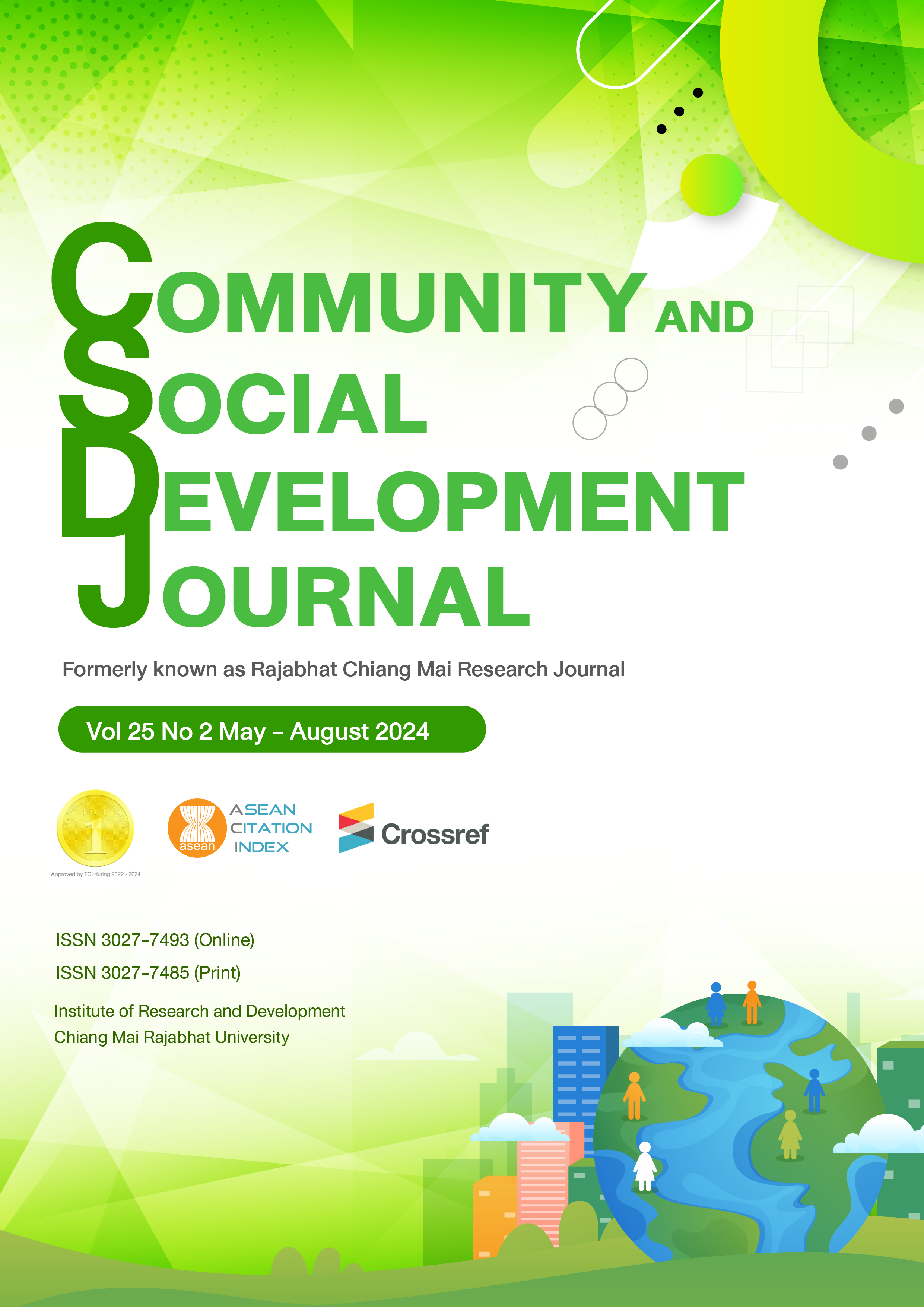The Face and Politeness on Philippine Press Briefings: A Content Analysis
DOI:
https://doi.org/10.57260/csdj.2024.264877Keywords:
Press briefing, Face threatening acts, Politeness strategies, Negative face, Positive faceAbstract
Face of the speaker and hearer matters in a communication. This qualitative study employing the content analysis was conducted to understand the different types of face threatening acts and politeness strategies in Press Briefings. There were 12 corpora used in this study. Results revealed that Face Threatening Acts have impacts on the hearer and speaker’s face. This study found two types of faces to the hearer’s face. First is the negative face and followed by the positive face. Each has its own elements which provided wider perspectives on the influence of language in the contexts of discourse. From the corpora, there is only one face which is the negative face. In particular, this presented about the expression of thanks. Moreover, the politeness strategies identified were bald on, positive, negative, and off-record. Face Threatening Acts transpired in the Press Briefings of the Malacañang Palace. Each face was threatened or affected by the exchange of discourses. In can be noted that speaker and hearer’s echelon matters in the presentation of faces. One has the control and the other has to follow. This manifested that imposition changed someone’s face. Furthermore, different elements were indicated in each of the politeness strategies. The utilization of politeness markers makes a difference in preserving and affecting the face of the speaker and the interlocutor. Notwithstanding, this concludes that press briefings are rich sources of information that may deepen the explanation of Face Threatening Acts as well as the politeness strategies.
Downloads
References
Adi, R. Z. (2021). Face threatening act in us presidential candidate first debate between joe biden and donald trump on daily mail and youtube’s skynews 2020. The GIST, 4(2), 26-39. DOI:10.53675/gist.v4i2.376
Aporbo, R. (2022). Face-threatening acts of teachers: A discourse analysis of politeness in the workplace. Face-threatening acts of teachers: a discourse analysis of politeness in the workplace, 97(1), 32-32. DOI:10.47119/IJRP100971320222958
Brown, P., & Levinson, S. C. (1978). Universals in language usage: Politeness phenomena. In questions and politeness: Strategies in social interaction (pp. 56-311). Cambridge University Press.
Brown. P., & Levinson. S. C. (1987). Politeness: Some universals in language usage, Cambridge University Press.
Cahyaningrum, K. G. A., Rajeg, G. P. W., & Ediwan, I. N. T. (2022). Face threatening acts of the main character in “the half of it” movie. Retorika: jurnal ilmu bahasa, 8(2), 144-150. DOI: 10.55637/jr.8.2.5052.144-150
Clayman, S., & J. Heritage (2002) The news interview: Journalists and public figures on the air. Cambridge, England: Cambridge University Press.
Culpeper, J. (1996). Towards an anatomy of impoliteness. Journal of pragmatics, 25(3), 349 -367. DOI:10.1016/0378-2166(95)00014-3
Dzikriyah, H. (2018). Politeness strategies of the english subtitles of request of train to busan movie. Undergraduate Thesis. Semarang: Walisongo State Islamic University.
Kristina, D. (2022). Negative politeness strategy on expressive act of rosiana silalahi talk show. Surakarta english and literature journal, 5(2), 132-153. DOI:10.52429/selju.v5i2.26
Kuzhevskaya, E. B. (2019). Politeness strategies in business english discourse. Training language and culture, 3(4), 36–46. DOI:10.29366/2019tlc.3.4.4
Liu, S. (2005). Pragmatic strategies and power relations in disagreement: Chinese culture in higher education. New York: Universal Publishers.
Permana, L. B., Suwandi, S., & Setiawan, B. (2021). Students’ impoliteness strategy during online learning in covid-19 pandemic. International journal of multicultural and multireligious understanding, 8(12), 87-94. Retrieved from https://ijmmu.com/index.php/ijmmu/article/view/3184
Santosa, I., & Iskandar, I. (2022). Face-threatening acts and face-invading acts of students’ asynchronous conversation in online learning. loquen: English studies journal, 15(1), 23-35. Retrieved from https://ftk.uinbanten.ac.id/journals/index.php/loquen/article/view/6032
Sukarno, S. (2018). Politeness strategies, linguistic markers and social contexts in delivering requests in javanese. Indonesian journal of applied linguistics, 7(3), 659–667. DOI:10.17509/ijal.v7i3.9816
Terada, K., Okazoe, M., & Gratch, J. (2021). Effect of politeness strategies in dialogue on negotiation outcomes. Proceedings of the 21st ACM International Conference on Intelligent Virtual Agents, 195– 202.
Tsoumou, J. M. (2023). (Im) politeness on facebook during the covid-19 pandemic. Journal of politeness research, 19(1), 249-284. DOI:10.1515/pr-2021-0008
Zunaidah, A., Sari, Y. K. P., & Kumalasari, R. D. (2020). Hedges, politeness strategies, and power: A case study of women community leaders in malang regency. Jurnal riset komunikasi, 3(1), 87-95. Retrieved from https://jurnalrisetkomunikasi.org/index.php/jrk/article/view/107
Downloads
Published
How to Cite
Issue
Section
License
Copyright (c) 2024 Community and Social Development Journal

This work is licensed under a Creative Commons Attribution-NonCommercial-NoDerivatives 4.0 International License.
1. Articles, information, content, images, etc published in the “Community and Social Development Journal” are copyrighted by the Community and Social Development Journal, Chiang Mai Rajabhat University. In order to properly distribute the articles through print and electronic media, the authors still hold the copyright for the published articles under the Creative Commons Attribution (CC BY) license, which allows the re-distribution of the articles in other sources. References must be made to the articles in the journal. The authors are responsible for requesting permission to reproduce copyrighted content from other sources.
2. The content of the articles appearing in the journal is the direct responsibility of the article authors. The editorial board of the journal does not necessarily agree with or share any responsibility.














